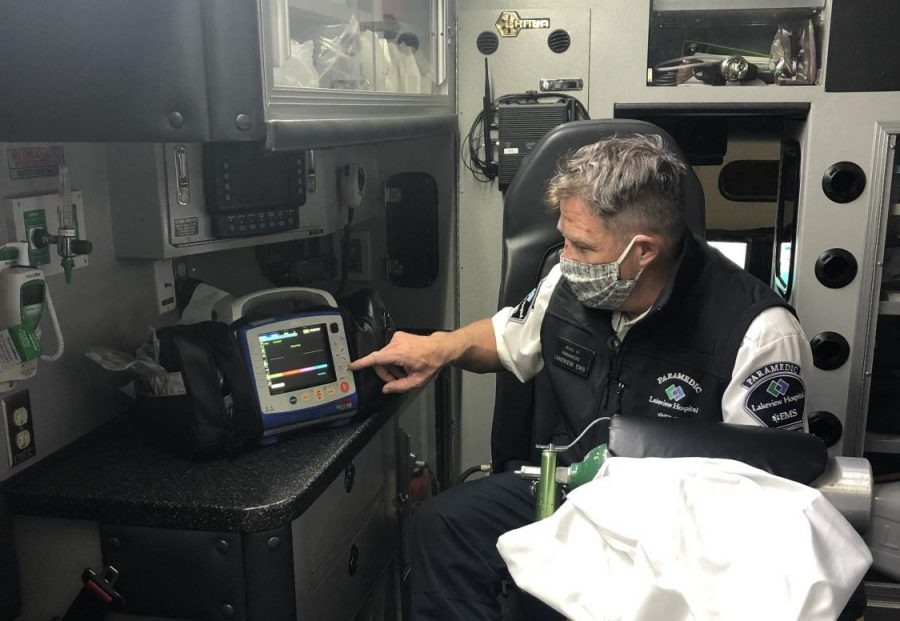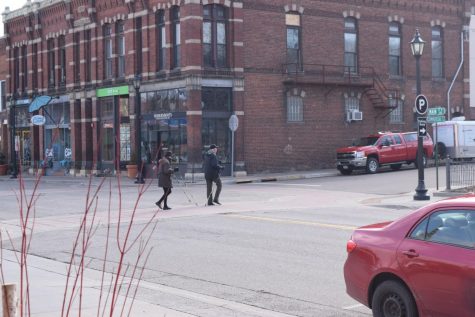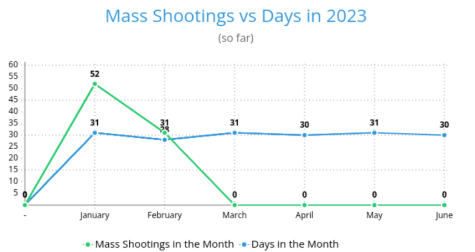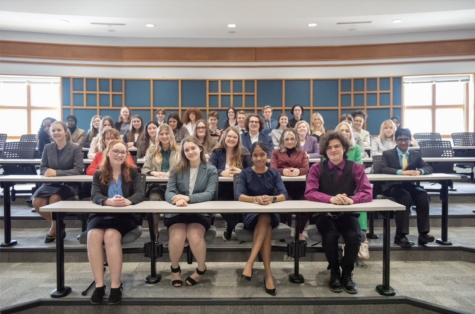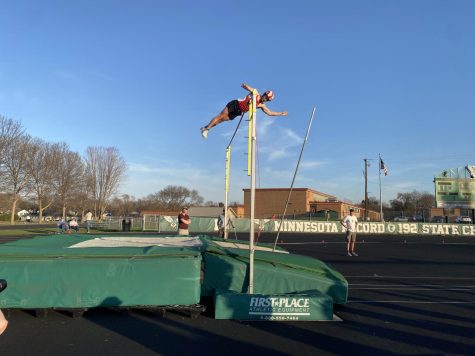Paramedics handle COVID-19 with care
Every morning, paramedics check the ambulance. Wade Watson checks the monitor and does a defibrillator test to ensure it is working properly.
April 2, 2020
Long hours, weird schedules, little sleep, busy days, slow days and stressful intense work– these are experiences paramedics encounter day to day. Now that COVID-19 has entered the United States, the job of paramedics has become even more difficult.
Like everyone else, paramedics’ lives have changed drastically. Working in healthcare at this time means taking extra precautions to protect the health of others and of themselves.
“I love my job as a paramedic, but the risks of this deadly virus are scary,” paramedic Wade Watson said.
During this time, healthcare workers’ lives revolve around their work. They try to create a balance between their work and their lives, but it is difficult.
“Work-life balance becomes pretty challenging because it is so important to focus on what we can do to help the people that are sick and how to protect ourselves in the process,” Paramedic Supervisor Bridget Murphy said.
So far, none of the paramedics at Lakeview Hospital have contracted COVID-19. Paramedics have taken extra precautions to ensure the safety of others and themselves. Whenever they see patients, they wear a mask and safety goggles.
“While most of the work we do is the same, the way we do things has changed,” Murphy explained.
If on a call with a patient who has symptoms of the COVID-19, they will send one paramedic from the ambulance to the patient. The paramedic will wear a disposable gown, eyewear and a mask. Also, if possible the paramedic will remain 6 feet from the patient.
“The workload can be a lot for that one paramedic on any given call,” Watson said.
As a supervisor, Murphy’s job keeps her busy. Now, she has more conference calls and Webex meetings than ever because things are constantly changing. Through these virtual meetings, she receives new information and recommendations for paramedics.
“It’s my responsibility to make sure that all the paramedics have the most current information and guidelines,” Murphy said. “Which means I try to stay in contact with everyone each day to make sure they have the information and equipment they need.”
Because people are mostly staying home and not driving as much, paramedics go on fewer calls than usual. At Lakeview, paramedics are going on half the amount of calls.
“Even though we are seeing less people, these patients require more attention, or maybe are more severe and require challenging treatments and advanced lifesaving skills,” Watson said.
Even though we are seeing less people, these patients require more attention, or maybe are more severe and require challenging treatments and advanced lifesaving skills,
— Wade Watson
Although things are different work-wise and life-wise, paramedics can maintain their normal work schedule. Most paramedics are working the same amount.
Murphy explained as a result of Minnesotans and Wisconsin residents following the stay at home order, a surge in COVID-19 patients has not developed. Because of this, paramedics are able to work the normal amount. If an outbreak occurred in our community, they have plans in place.
Some health care workers are distancing themselves from their families. They still spend time with them, but they are limiting it.
“We still eat together and use shared space,” Watson said. “But I have been very concerned and aware of how much direct contact we have on a day to day basis.”
Usually, when paramedics go on calls, they have police officers and firefighters with them. Now they are trying to limit the number of people at the call, so police officers and firefighters will not go if they are not needed.
“We are taking precautions in not only our protective equipment but also in avoiding unnecessary equipment and personal contact with patients on calls,” paramedic Nick Barrat said.
When they are not working they try to relax or stay active. Many of the paramedics enjoy biking, jogging, going for walks and spending time with their family.
“Staying physically active helps manage stress, supports the immune systems and mental health and improves quality of sleep, which are all so important at a time like this,” Murphy explained.
“It is so important to focus on what we can do to help the people that are sick and how to protect ourselves in the process,” Murphy said.



